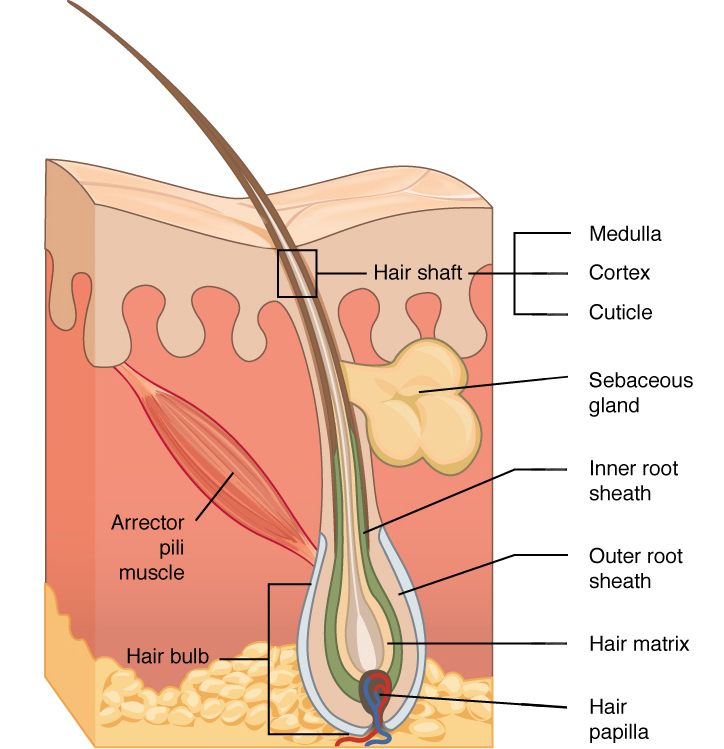Cancer is one of the scariest words your doctor can say. It’s also a common diagnosis. Over 1.8 million people in the United States were diagnosed with cancer in 2020.
Your risk of getting cancer increases as you get older. More than half of cancer diagnoses are given to people over the age of 66.
Certain cancers are more common among older adults. Some of the most common cancers, such as colon cancer and breast cancer, are easy to detect at the earlier stages. This is when they are most treatable. Other cancers, such as lung cancer, are more difficult to detect and treatment can be more complicated.
Learn more about the most common cancers for older adults and how you can detect them early.
Breast Cancer
Breast cancer is one of the most common cancers in people over 60 years of age.
Over 285,000 women were diagnosed with breast cancer in 2020, and over 44,000 thousand women died of the illness. There is good news, though. Thanks to advances in screening and treatment, almost 90% of people with breast cancer will survive 5 years past their diagnosis.
Detection and treatment. The best way for you to detect breast cancer is by getting yearly mammograms. Mammograms help doctors spot cancer in its earlier stages when treatment is the easiest. If you are diagnosed with breast cancer, talk to your doctor about your treatment options. Surgery, radiation, and chemotherapy are all used to successfully treat breast cancer.
Prostate Cancer
Prostate cancer is a common diagnosis in men over the age of 65.
Almost 250,000 men were diagnosed with prostate cancer in 2020, and more than 34,000 men lost their lives to it. Screening for prostate cancer is available, and there are effective treatment options. More than 98% of people who get prostate cancer will still be alive 5 years after their diagnosis.
Detection and treatment. Your doctor can detect prostate cancer through a blood test that looks for specific antigens in your system. They can also check for prostate issues during your annual physical. If you are diagnosed with prostate cancer, you and your doctor will follow a treatment plan. There are surgical options, as well as radiation and chemotherapy.
Colon Cancer
More than half of the people who get colon cancer are at least 67 years old.
Thanks to accessible prevention techniques, colon cancer is a less common diagnosis than other types of cancer. More than 100,000 people were diagnosed with colon cancer in 2020, and over 50,000 people died of the disease. 63% of people who get colon cancer live 5 or more years after their diagnosis.
Detection and treatment. Colon cancer can be detected and prevented at the same time. A test called a colonoscopy can find pre-cancerous growths called polyps. Your doctor can then remove them before they cause any serious problems. If colon cancer does develop, you can discuss treatment options with your doctor.
Lung Cancer
More than half of the people who get lung cancer are over 70 years old.
There have been many advances in treating lung cancer, but it remains one of the deadliest cancers. The 5-year survival rate is only 21%. Over 235,000 people were diagnosed with lung cancer in 2020. More than 131,000 people died of the illness.
Detection and treatment. Routine lung cancer screenings are not recommended unless you smoke or smoked for more than 30 years before quitting. Doctors can use CT scans to look at your lungs and detect cancer.
There have been new treatments for lung cancer in recent years called targeted therapies. These are medicines that specifically target cancerous cells. This is in contrast to traditional chemotherapies, which can affect healthy cells and other parts of the body. Discuss your treatment options with your doctor if you have lung cancer.
Bladder Cancer
More than half of the people with bladder cancer are over 65 years old.
In 2020, over 83,000 people were diagnosed with bladder cancer, and more than 17,000 people died of the illness. Over 70% of people who have bladder cancer survive more than 5 years after their diagnosis.
Detection and treatment. There are no recommended routine screenings for bladder cancer. However, your doctor might suggest testing if you have certain risk factors. These could include a history of bladder cancer or other bladder problems.
Watch for symptoms of bladder cancer such as:
- Blood in your urine
- Having to urinate more often than usual, including overnight
- Painful urination
- Urgency, feeling like you need to go right away
- Problems urinating or a weak urine stream
There are numerous treatments for bladder cancer, including surgery, radiation, and chemotherapy. Talk to your doctor about your treatment options.
If you are concerned about your cancer risk, call your doctor. They can help you decide on what screenings might be appropriate for you.
Additional Resources
- FutureClear Tattoo Removal Laser Machine
- Company News – CIELLULU Laser Beauty
- Laser Aesthetics Body & Wellness: Holistic Approaches to Skin Health – CIELLULU Laser Beauty
- Broadband Light for Reducing Hyperpigmentation – CIELLULU Laser Beauty
- IPL Laser Hair Removal Machine Professional Factory: Behind the Scenes – CIELLULU Laser Beauty



